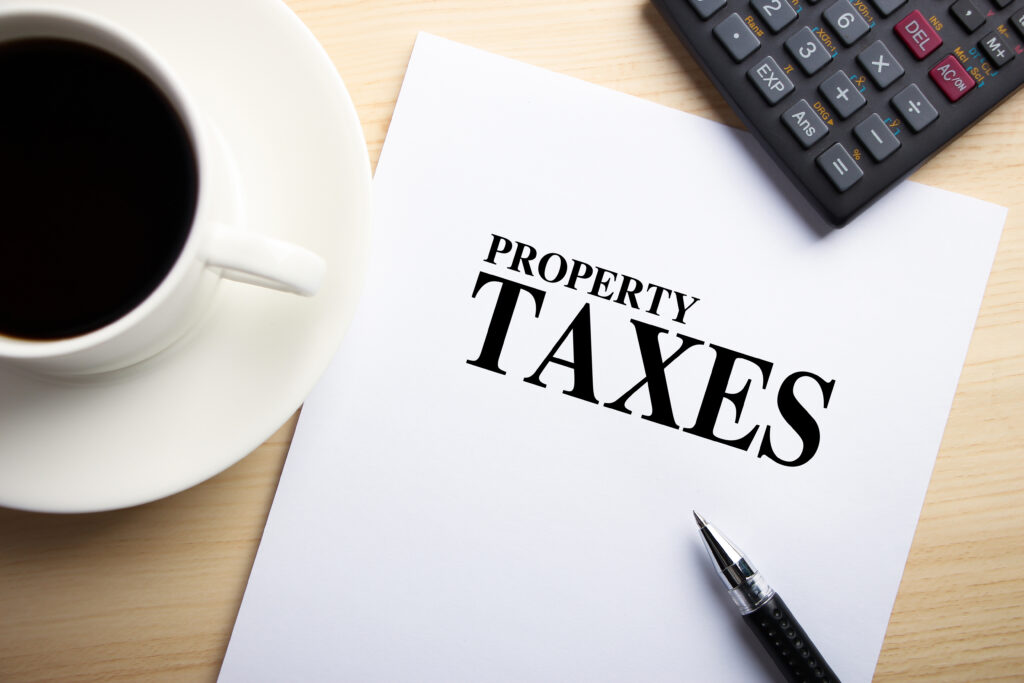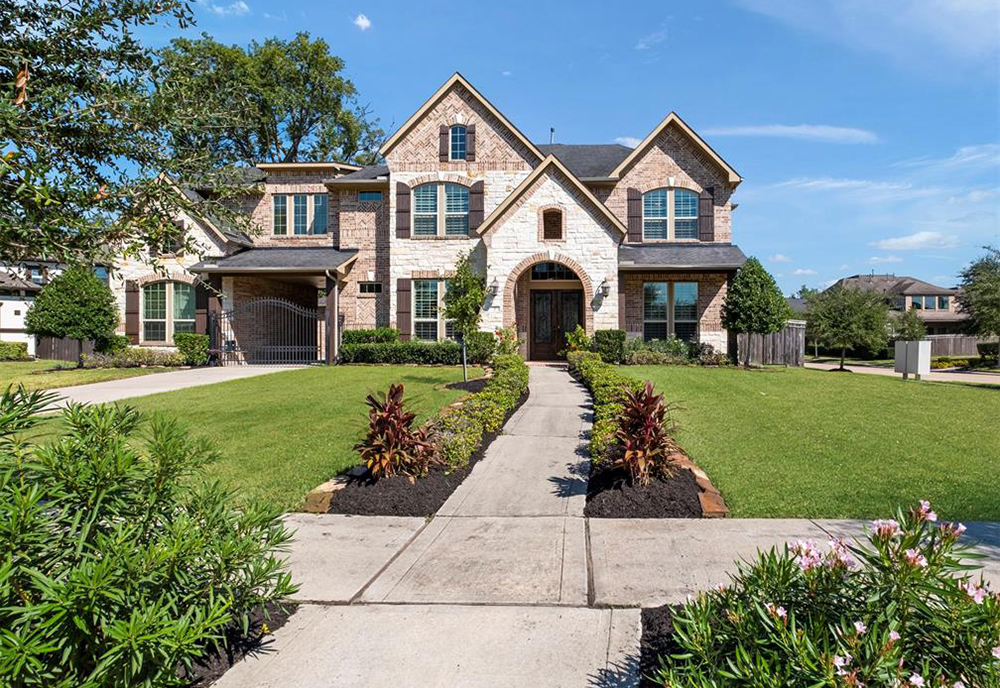The Impact Of A Strong Real Estate Sales Market On Property Taxes
You don’t have to be a home buyer or seller to be affected by today’s unprecedented housing market. Established homeowners, with no intentions of moving, are also greatly affected and not necessarily in a good way. A booming real estate market has driven home values through the roof in Texas and throughout the country. Realtor.com reports that home prices in North Texas are up 12% from 2020 while the number of available homes for sale is down 69%. The average home in Texas now costs over $200,000. Soaring home prices are causing an increase in property taxes for entire neighborhoods. Not only are taxpayers aghast when they open their latest appraisal notice, but many longtime home owners are finding themselves unable to pay their property taxes. Here’s some insight on what’s happening and what you can do about it:

Location Matters
The concept of property taxes is fairly simple. A county tax appraiser determines the value of your home and you pay a percentage of that value in taxes. Tax rates differ from county to county and town to town. Typically, property taxes are higher in urban areas that have fewer commercial businesses to tax. Also, since Texas does not have a state income tax, property tax rates tend to be higher than other states.

Buyers Pay More
If you’re purchasing a home in Texas, you will probably pay higher property taxes than the previous owner. There are a couple of reasons for this: Firstly, the tax appraiser is typically going to look at how much you paid for the property and it’s likely more than the past year’s value. Even though Texas is a non-disclosure state and you are not legally obligated to disclose the purchase price of your property – once a realtor puts a property in the MLS system, it alerts the county to recheck the value of the property. Values usually always go up when you sell a property.
Secondly, Texas has a 10% Property Tax Homestead cap that limits the increase in assessed value starting the second year that a homeowner takes a homestead exemption. Taxes calculated on the assessed value cannot exceed the lesser of the year’s market value or last year’s assessed value (plus 10%, plus the value of any improvements made the preceding year). Once a home sells, that cap is erased and the home’s assessed value will likely skyrocket.
65 Plus Discounts
Most states have special exemptions for homeowners 65 or older. In Texas, school districts automatically grant a $10,000 exemption for qualified persons of 65 or older. An additional advantage is the school tax ceiling. Once you qualify, only your portion of school taxes on your tax bill will be frozen unless you make improvements to your home. Most cities, counties and other taxing units offer 65 plus homestead exemptions of at least $3,000 or more but they are not required to do so. It is a common misconception that your tax bill will not increase at all once you are 65; it likely will, but at a lower amount than if you did not have the “Over 65” exemption.
Yes, You Should Protest
If you feel your assessment is out of line, by all means, protest! While protesting your taxes requires some time and a bit of number crunching, the good news is: you have nothing to lose. The odds are in your favor that your efforts will pay off and the appraisal district will agree to reduce your taxes. Even if your appeal is denied, it’s extremely rare for the appraisal district to come back and increase your taxes after you’ve officially filed a protest. You can do this on your; however, it’s always best to hire a tax professional who fully understands the process.
If you’re a Texas property owner in need of assistance with your property taxes, reach out to the professionals at GDCoTax.com. While our team cannot file exemptions on your behalf, we strive to point you in the right direction as you work with the appraisal district.










